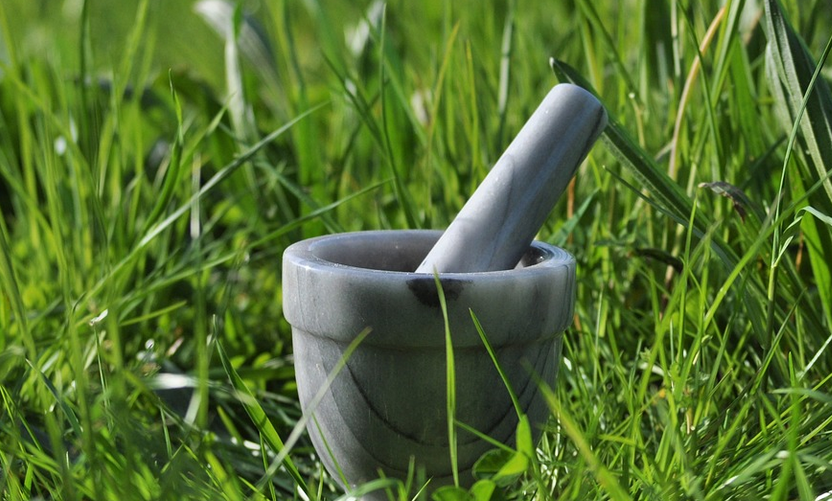Introduction
When it comes to the ocean’s bounty, kelp and seaweed are two of the most popular and well-known varieties. However, many people often wonder whether they are the same thing or not. In this article, we will explore the differences and similarities between these two sea vegetables.
What is Kelp?
Kelp is a type of brown algae that grows in shallow, nutrient-rich waters. It is often found in colder regions such as the Pacific Northwest, Alaska, and parts of Asia. Kelp is used in a variety of products such as food, fertilizer, and even biofuel.
What is Seaweed?
Seaweed is a general term used to describe any type of marine algae. It comes in many different colors and varieties such as green, red, and brown. Seaweed is found all over the world and is often used in Asian cuisine, skincare products, and even medicine.
Similarities between Kelp and Seaweed
While kelp and seaweed may seem like different types of sea vegetables, they actually share many similarities. Both are types of marine algae and are packed with nutrients such as vitamins, minerals, and antioxidants. Additionally, both kelp and seaweed are used in a variety of products such as food, skincare, and medicine.
Differences between Kelp and Seaweed
One of the biggest differences between kelp and seaweed is their appearance. Kelp is typically larger and more robust than seaweed, with long, flat blades that can grow up to 150 feet in length. Seaweed, on the other hand, is often smaller and more delicate, with thin, branching structures.
Another difference between kelp and seaweed is their flavor. Kelp has a mild, slightly salty taste and is often used in dishes such as miso soup and seaweed salad. Seaweed, on the other hand, has a stronger, more distinct flavor and is often used in dishes such as sushi rolls and nori sheets.
Benefits of Kelp and Seaweed
Both kelp and seaweed are incredibly nutrient-dense and offer a variety of health benefits. They are both rich in iodine, which is essential for proper thyroid function. Additionally, they are both high in antioxidants, which can help protect the body against oxidative stress and inflammation.
Conclusion
While kelp and seaweed may seem like different sea vegetables, they actually share many similarities. Both are packed with nutrients and offer a variety of health benefits. Whether you prefer the mild taste of kelp or the stronger flavor of seaweed, both are great additions to a healthy diet. So the next time you’re enjoying a sushi roll or a bowl of miso soup, take a moment to appreciate the unique qualities of these amazing sea vegetables.

